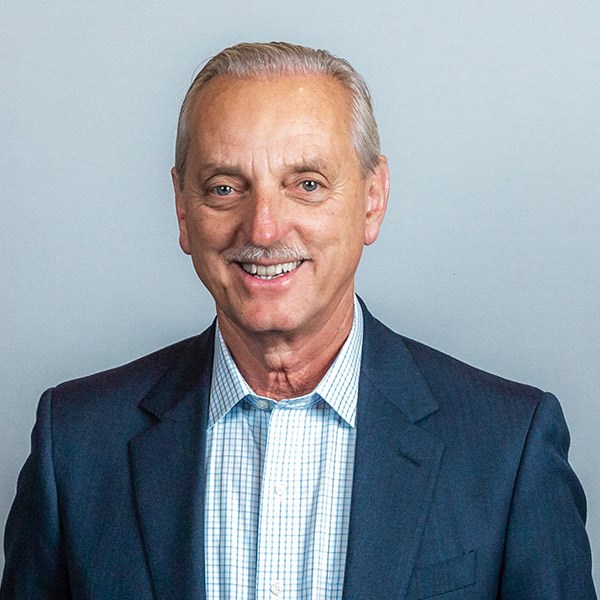Central 1 Credit Union’s chief economist Helmut Pastrick says he’s optimistic about the potential for a strong economic turnaround, although the severity of the second wave of COVID-19 could mean the turnaround is slower than hoped.
Pastrick was one of the speakers at a Nov. 4 Sunshine Coast Credit Union (SCCU) event called Rebound, which also featured Spring Activator CEO Keith Ippel and SCCU CEO Shelley McDade.
Pastrick told the more than 60 people who tuned in online that although the pandemic is “a once in a century occurrence” that led to “a very substantial shock” to the economy, there are examples of other health crises with economic impacts, such as SARS, that economists can look to.
He said studies found “the impact on the economy is felt less in countries with more substantial fiscal or government responses, both on the monetary side, and particularly on spending on health care and other support mechanisms that the government has implemented.”
Pastick said Canada’s responses along those lines will likely drive the federal deficit to around $350 billion in fiscal 2020-21.
“As a percentage of the economy or GDP, it is approaching World War Two levels,” Pastrick said. “Clearly these temporary programs will disappear and we will see better revenue generation from the economy and that will reduce the deficit.”
Pastrick also noted that Canada was in a reasonably good fiscal situation when the pandemic hit.
“These numbers are not alarming at this point,” he said. “But if we do have any further deterioration in the pandemic and the economy then of course the deficit numbers will also reflect that.”
Pastrick said one of the reasons he’s optimistic about the turnaround is that there was a sharp increase in the amount of money Canadian households put into savings in the second quarter – an estimated $100 billion, or about 25 per cent of household earnings.
“This is the highest level on record,” Pastick said. “And it looks like it'll probably very likely remain high for the next handful of quarters.”
He said if the second wave becomes “a tidal wave” there will have to be more movement restrictions and more restrictions on economic activity that will cut into economic growth and performance.
“There are a lot of questions and a lot of uncertainty,” he said. “[But] I am more optimistic that once we’re through this, we will begin to see a return to more normal growth. There’s a lot of pent up demand and those high level of savings will be spent over time and that will generate much better economic growth going forward.”
McDade presented the results of a SCCU member survey conducted in September.
It found just 58 per cent of individual members were “feeling good” about their financial health compared to 70 per cent pre-pandemic. The numbers dropped from 69 per cent to 52 per cent for businesses.
There was also an increase in the number of individual and business members that said they were unhappy with their financial health and 28 per cent of businesses and non-profits surveyed said they faced challenges keeping the business running and staff employed.
Ippel offered some advice on that front.
“Companies that are most successful in recovery are focusing on the value they offer as opposed to the features they offer,” he said, and suggested in the next month business owners make a point of talking to at least 35 of their customers.
“[That] will give you all the patterns that you need to know about what is changing in the lives of your customers and how to adapt,” he said.
A video of the Rebound event, and related information, is available online at: www.sunshineccu.com/REBOUND.



